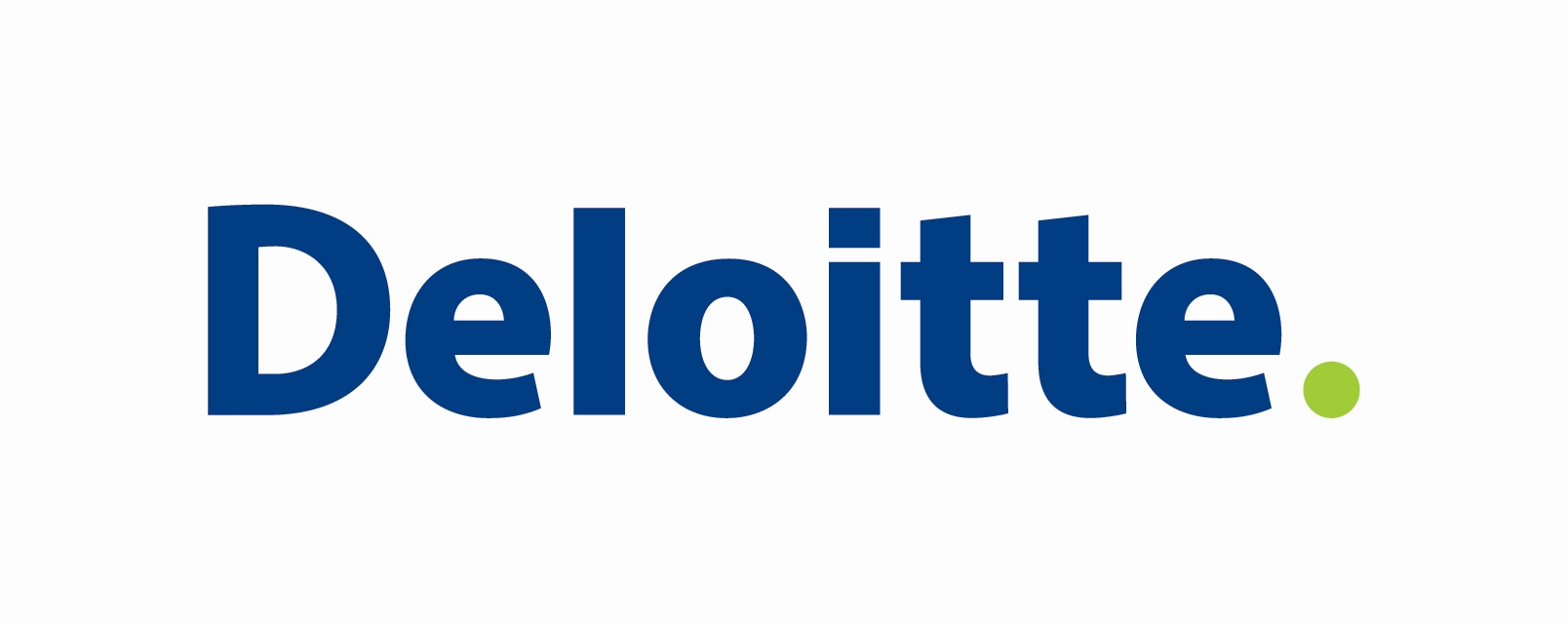
How Deloitte Transforms Clients into Insight-Driven Organizations

Underneath the hype surrounding big data is a common theme that runs across organizations. We all want to data to drive innovation–that is, we want to become insight-driven organizations. While the destination is clear, the route is neither simple nor easy. Nitin Mittal, who heads up the cognitive computing practice at Deloitte Consulting, recently shared with Datanami some of his secrets of the journey.
Since Mittal’s practice was established about a year ago, Deloitte Consulting has engaged about 100 clients in advanced analytic and cognitive analytic engagements. With more than 100 data scientists on staff and many times more business experts across all industries, the storied management consultant firm is well-positioned to help clients on their way to becoming insight-driven organizations.
While Deloitte has the capability to design, implement, and run big data applications on behalf of its clients, Mittal would rather help his clients become self-sufficient practitioners of the analytic arts. That transition isn’t simple, and takes time.
“It’s not something that happens as an event,” he says. “These are basically long-term, sustained efforts that have to be treated as a journey, so that you are able to move in the direction of becoming an insight driven organization.”
The journeys often start in the same way: With an analysis of the people, processes, and technologies. Deloitte may help clients discover what types of insights will be impactful, what data and analytics will create those insights, and how those insights can be embedded into day-to-day processes.
Along the way, the skills question invariably crops up, usually sooner than later. Doing big data analytics requires a different set of capabilities than what drives the typical reporting and business intelligence efforts that most companies of any size have been doing for years. If they’re going to ever stop writing checks to Deloitte, the client needs employees with data science, data wrangling, and visualization skills.

Nitin Mittal is a principal in Deloitte Consulting and leads the Life Sciences and Health Care Analytics and Advanced Analytics Technology practices in the US.
“First and foremost, we help organizations think through what are the complementary skills set they would need,” Mittal says. “So what you’re putting in place from the analytic ecosystem architecture standpoint is not just predicated on the traditional technology, but it’s actually geared to make sense of the underlying data assets to be able to wrangle meaningful information that can then be turned into impactful insights.”
Many firms use pilot projects as a means toward beginning the big data journey, and Deloitte is no different. The pilot is a particular favorite among Deloitte clients who are impatient to get started with big data analytics, and who have too many bureaucratic obstacles preventing them from starting the journey by themselves.
“We’ll stand up these analytic innovation sites or lab studios for them, so that they can essentially undertake innovation in a setting that’s ‘outside’ their organization,” Mittal says. “Consequently, there’s less impact of the typical antibodies that one would find in a large organization to do something different, to do something bold, to do something innovative.”
While companies are drowning in data, they often don’t have the right data that’s needed to implement analytic systems, or they have the data but it’s not in the right form. Deloitte has experience with these issues, and can help the client.
“We’re finding that the data that resides in data warehouses, ERP systems, batch, and legacy systems may be only a fraction of the data required to generate the insight,” Mittal says. “All of that data that may be required…actually is locked in documents, manuals, mobile devices, social networks, and on a go forward basis, coming in through IoT sensors.”
Another stop on the journey to becoming an insight-driven organization is knowing what’s possible. The field is evolving so quickly right now that a good percentage of companies simply don’t know what analytic techniques are leading-edge versus those that are becoming widely adopted.
“Two-thirds of the time they have an understanding,” Mittal says. “We do have many requests where the clients are saying, ‘Tell me what the art of the possible is with these types of system and technology, and how can I apply it to my context?'”
Deloitte’s toolbox doesn’t differ substantially from what others in the field are using. There’s a good dose of Hadoop from Cloudera and Hortonworks (NASDAQ: HDP), analytics with R and SAS, and cognitive capabilities from IBM (NYSE: IBM) Watson and Cognitive Scale.
IBM Watson, in particular, has been stirring a lot of interest in the Deloitte customer base. But at the end of the day, the choice of a particular technological tool is just one aspect of the entire journey.
 “At a very broad level, we provide strategy and services in the marketplace. We provide technology services, and we provide human capital and change management,” Mittal says. “The particular group I head up is very much focused on all these technologies and skills set that are required to design, implement, and establish these types of analytic ecosystems.”
“At a very broad level, we provide strategy and services in the marketplace. We provide technology services, and we provide human capital and change management,” Mittal says. “The particular group I head up is very much focused on all these technologies and skills set that are required to design, implement, and establish these types of analytic ecosystems.”
What lessons have you learned on your journey to becoming an insights-driven organization? Drop us a line.
Related Items:
10 Tips for Beginning Your Big Data Journey
Exposing the Data Scientist Myth: Using Big Data Without Them
One Deceptively Simple Secret for Data Lake Success






























